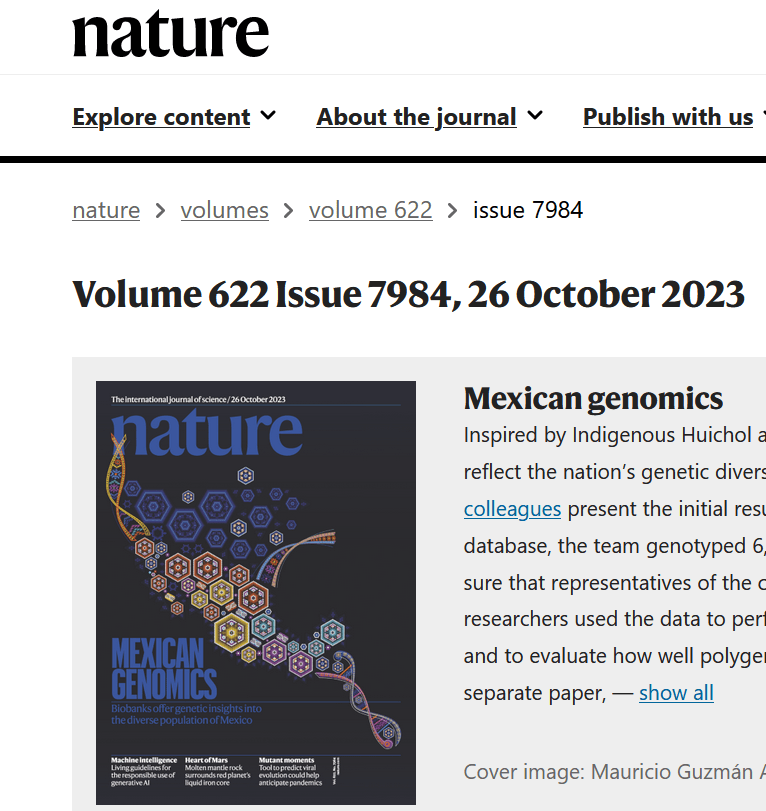Excerpts:
- Our findings shed new light on various sexual and non-sexual functional impairments related to PPU [problematic porn use] that have yet to be robustly examined in the existing literature.
- Our findings corroborate increasing evidence that many individuals with PPU experience tolerance and desensitisation effects, which can lead to escalating use [evidence of addiction]. [PPU may be] driven by unique underlying mechanisms, including the structural features of Internet pornography that potentially accelerate addiction-related psychological and appetitive mechanisms.
- We focused on potentially unique characteristics of PPU, such as perceived adverse after-effects, offline sexual dysfunction, and subjective changes to the sexual experience while using pornography, none of which are captured by existing theoretical models.
- Up to 10% of users may develop problematic pornography use (PPU), characterised by impaired control over the behaviour despite negative consequences in important areas of life, including work and relationships.
- [Sample of 67 – M51 F16] mainly comprised men aged in their 20 s and 30 s.
- Common themes were “conflict from diminished control despite consequences,” “conflict over the genres consumed,” “pornography exacerbating underlying issues/attitudes,” “subsequent decreased quality of sexual intimacy with real partners,” “reduced sexual drive when offline,” “diminished sexual functioning,” “reduced orgasm functioning and sexual satisfaction with real partners,” “cognitive deficits shortly after using pornography [but not after other sexual behaviors],” “heightened depressive symptoms…lethargy and amotivation,” “elevated social anxiety,” “diminished sensitivity or pleasure,” [intense neurochemical effects that are draining], “need for greater stimulation over time,” frequently moving between stimuli…typically to heighten/maintain arousal,” and “binges and edging.”
- Recent studies have challenged [the theory of] moral incongruence, suggesting that users can morally object to their pornography use because of other concerns beyond religiosity or conservatism, including concerns over sexual exploitation and negative impacts on relationships. [And] addiction-related distress, which may manifest as feelings of shame or guilt over a lack of behavioural control despite negative consequences. These sources of inner conflict are not necessarily linked to religious or conservative views, [which] challenges previous conceptualisations that moral incongruence is primarily driven by prohibitive attitudes toward pornography use in general.
NATURE Portfolio, Scientific Reports (open access, 5th most cited journal in the world)
(2023) 13:18193 | https://doi.org/10.1038/s41598-023-45459-8
Campbell Ince, Leonardo F. Fontenelle, Adrian Carter, Lucy Albertella, Jeggan Tiego, Samuel R. Chamberlain & Kristian Rotaru
ABSTRACT
Problematic pornography use (PPU) is a complex and growing area of research. However, knowledge of the PPU lived experience is limited. To address this gap, we conducted an online qualitative study with 67 individuals who self-identified as having problematic pornography use (76% male; Mage = 24.70 years, SD = 8.54). Results indicated several dimensions that have not been fully explored in the literature. These included various mental and physical complaints following periods of heavy pornography use, sexual functioning deficits with real partners, and a subjectively altered state of sexual arousal while using pornography. Moreover, we expanded on current knowledge regarding the inner conflict associated with PPU and clarified the ways that users can progress to increasingly intensified patterns of pornography use, such as tolerance/escalation and pornographic binges. Our study highlights the complex and nuanced nature of PPU and provides suggestions for future research and clinical practice.
